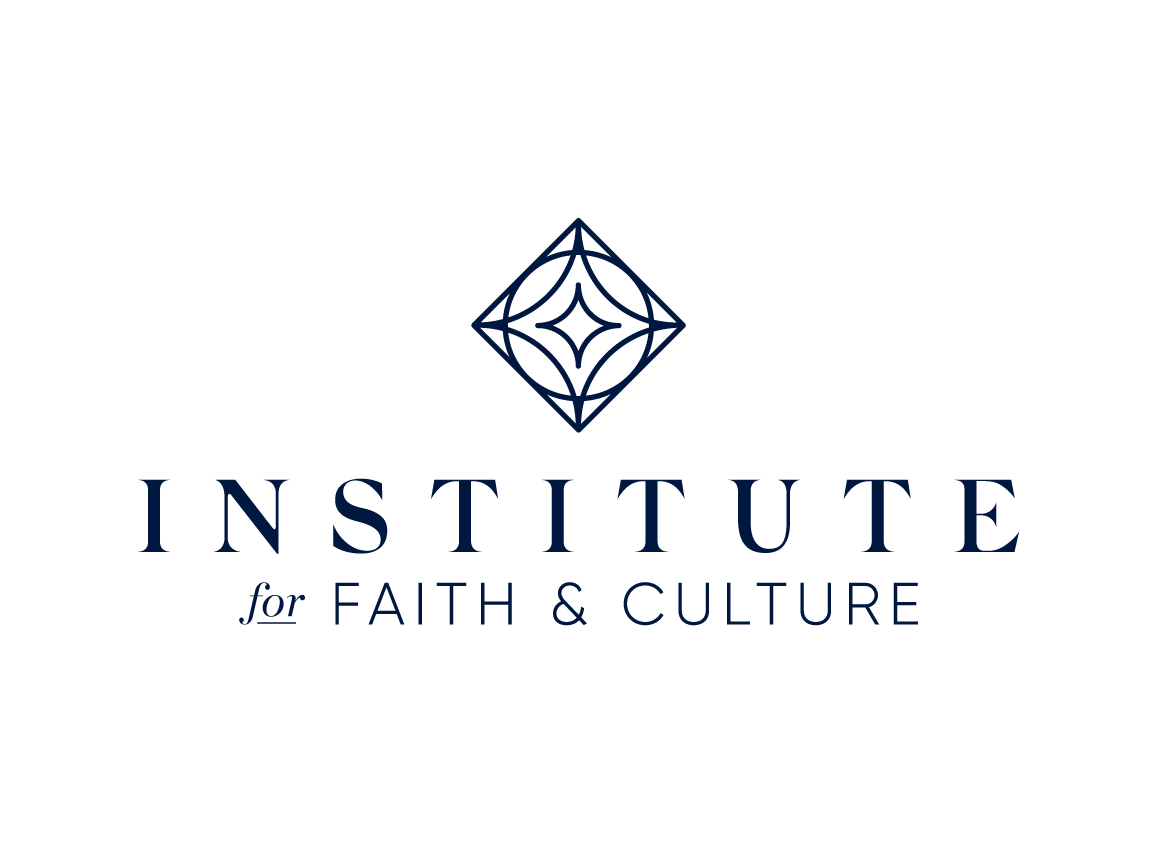But what’s beyond us is the only thing that can provide us with lasting value, meaning, and purpose. God has identified us as his own reflections. And here’s the good news for anyone and everyone who has ever or will ever feel victimized or slighted by the culture (even the religious culture): That. Will. Not. Change. No matter what political storms swell, no matter what partisan politics are at play, no matter what you claim as your gender or as not your gender—you have inherent value, meaning, and purpose because of how you were made. Full stop. Praise the God who speaks. He knows who I am, and I don’t have to prove that to anyone, though I may have to defend it in a world that tries to place identity elsewhere.
EPISTEMOLOGY
What exists and who we are deeply tied to what and how we know things (epistemology). And how we know things is deeply tied to a word that’s always bitter on today’s tongue: obedience. But more on that in a minute.
How do we know things, and how do we decide what’s true or false? You may already know the answer from the previous section: the speech of God. But this speech takes two forms: general and special. What I’m calling “speech” here is traditionally called “revelation,” so I’m using the term “speech” in a broader sense. Everything we know—about God, ourselves, and the world—is a divine gift of uncovering. And God is the giver. We rely on him in knowing anything. As Vern Poythress wrote, “God is the ultimate source of knowledge and also the standard for knowledge. But it is also important to say that our knowledge of him is mediated through revelation. So we are always in a position of dependence, in which we depend not only on God himself, but also on tacit knowledge that God has given us.”[6]
But this may sound very strange to people outside the Christian faith. Why do we need to have God’s speech if we want to know things? The short answer: because knowing is an act of interpreting—revealing the meaning of something—and God is the grand interpreter. He’s the ultimate giver, the original interpreter. As image bearers, we are reinterpreters. Cornelius Van Til put it this way: “the existence and meaning of the human interpreter must be brought into a relation of subordination to God as the ultimate interpreter. . . . The Spirit of God searches the deep things of God. It follows from this that any human interpreters would have to be derivative interpreters or reinterpreters.”[7] If we want to know things, to see the meaning in our lives and in the world around us, we don’t work alone. We look and listen. And God speaks. He speaks in Scripture, and he tells us how to interpret his general speech in the natural world.
What can be easy to forget is that all the experiences we have aren’t just experiences. We’re not surrounded by mute landscapes and raw material we can manipulate at will. Everything that’s here already has meaning, and it finds that meaning in God’s revealed plan for redeeming all things. We know anything—from our sense of right and wrong to our measurement systems to John 3:16—through God’s revelation, God’s speech. That speech can come to us either generally in the natural world or specifically in Scripture. In both cases, we know by speech.
Note how profoundly personal this is, in contrast with many secular approaches that might just say we know things by experience or through reason. We know things because God—the ever-present, constantly communicating, I-will-give-my-Son-for-you Spirit—has spoken, and he still speaks to us in his word.
ETHICS
What about ethics? Ethics is the study of right and wrong. And once again, Christians take their ethical standards from God’s speech in Scripture and in the natural world, including our God-given conscience. In fact, even the previous assumption about how we know things is an ethical assumption, and it’s tied to metaphysics, too.
If we’re made as God’s image bearers (metaphysics), called to imitate and commune with him, then knowledge (epistemology) is just one of the areas where we imitate and commune. But knowing is also an ethical endeavor. That’s why John Frame speaks about knowledge as being either obedient or disobedient.[8] Those are ethical labels, and yet Frame was writing about epistemology. He can do this precisely because “in seeking to know anything, our first concern is to discover what our Lord thinks about it and to agree with his judgment, to think his thoughts after him.”[9] Can you see the ethical dimension to knowledge?
But most of the time, our focus is on whether an action is right or wrong. We can say more than just, “If God says it’s right, then it is, and vice versa.” Scripture directs us to three areas (also captured in WCF 16.7)—motive, standard, and goal, and each of those is shaped by the speech of God.[10] Motive points to the heart and sincere faith (Rom. 14:23), and yet our hearts are stones until the breath of God draws them up from the dust (Ezek. 36:26; John 3). It’s through the Word (John 1:1), the speech of God incarnate, that we receive a spiritual pulse. Standard is set by the speech of God because only God’s word can tell us what standard to hold, notably in the Ten Commandments and in the teachings of Jesus to sacrifice ourselves for others (see 1 John 3:4, where God’s spoken commandments set the standard for goodness vs. lawlessness). Lastly, our goal is to glorify the God who speaks, and he tells us to do that in his word: “whether you eat or drink, or whatever you do, do all to the glory of God” (1 Cor. 10:31). In all three areas, we look to the speech of God for our direction and ongoing growth in holiness.
CONCLUSION
In sum, those are the three fundamental types of assumptions we have. These serve as the grounds for why we believe what we believe, and they’ll help us understand why we differ from others who have opposing views. Here’s the short form:
- What exists? The independent, trinitarian God and his creation, all of which finds its meaning and identity in him.
- How do you know things or define the truth? By the revelation of God in the world and in Scripture. We find truth, understanding, and beauty by thinking God’s thoughts after him.
- How do you know what’s right and wrong? Through God’s revelation, which shapes my heart, provides the standard, and helps me glorify my Maker.
We’re all going to be engaging with those who differ from us, but the differences and disagreements don’t need to lead to animosity and a complete absence of civility. Dialogue is meant to be an open exchange of expressions, not a contest to see how loudly we can bark out an argument before slamming a door (if that door slamming is a block on social media).
And, what’s more, our culture needs our engagement right now because the world is dark and deeply confused. And light is the only means out of darkness. Becoming more acquainted with those who differ from us isn’t easy. And if you’re like me, it may bring a good deal of discomfort and anxiety with it. But it’s a matter of light. As Cornelius Van Til said at a Westminster convocation in 1955,
To preach Christ as the Light of the world we must know the world and its ways of darkness. Christ with unequaled keenness signalized that which was Satanic in the hearts and lives of men. But He did so in order to liberate them from it. We too must know the way of Satan in this world, but we must know it primarily in order to preach the Christ as the One through whom the prisoners of darkness may see the light of truth.[11]
As we hold to our God-given assumptions in a dark world, we can speak calmly and lovingly to people desperate for the two foundational desires of human beings: to be completely known and completely loved. Failing to have dialogue would preclude knowing others deeply; failing to stand on our assumptions would preclude loving them truly.










